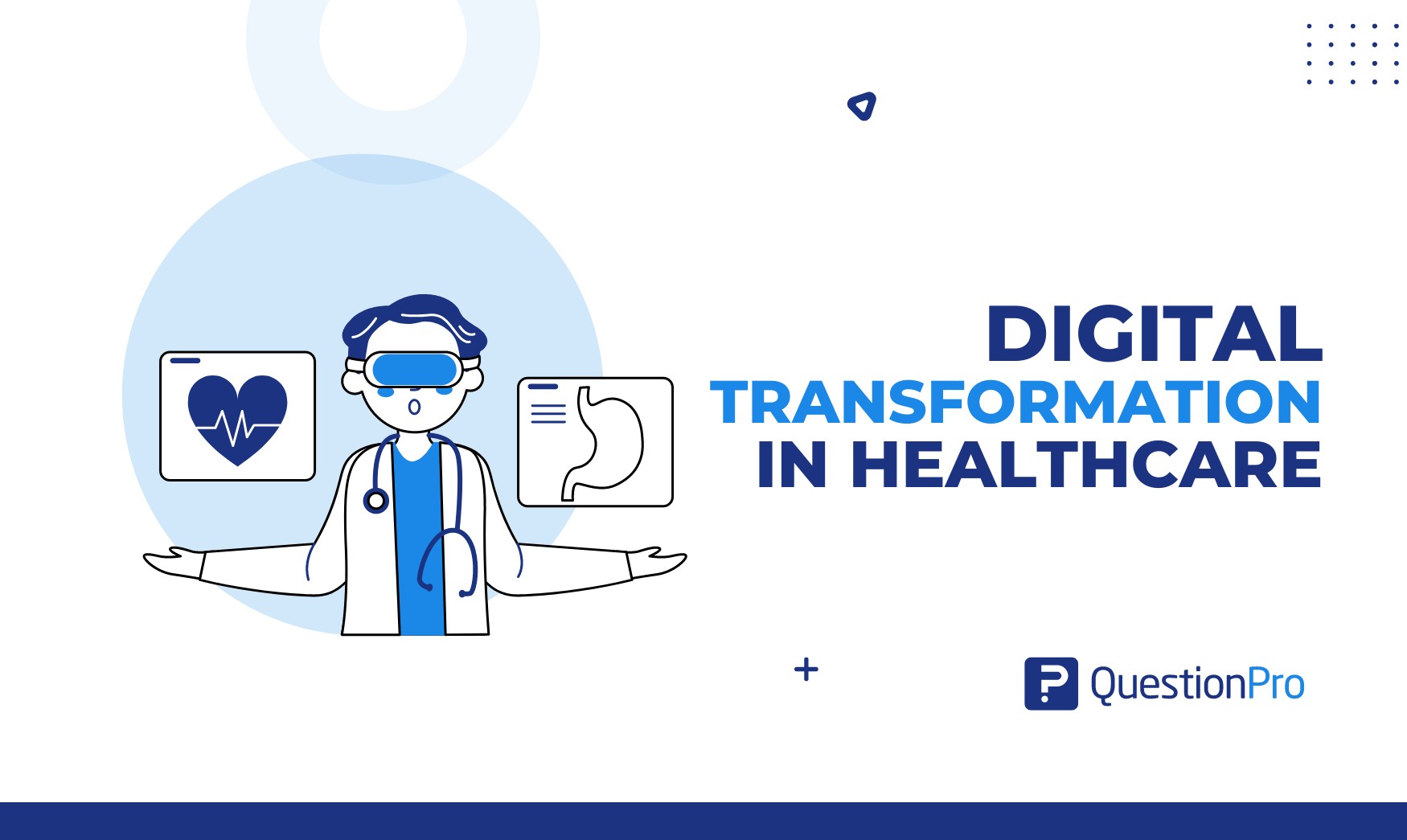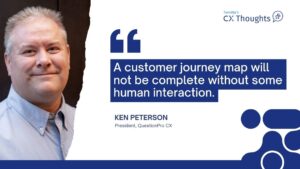
Before the era of COVID-19, healthcare organizations were already making strides in the digital transformation of various aspects, with a primary focus on patient experience (PX). However, the pandemic swiftly transformed “digital transformation” from a corporate catchphrase into an absolute necessity within the healthcare industry.
The emphasis today is not solely on eliminating friction in patient encounters, as was the pre-pandemic focus. Healthcare leaders have now recognized the importance of addressing new problems such as IT talent shortage, project plans for optimizing EHR and CRM systems, and the recruitment and retention of staff.
A well-defined digital transformation strategy is now imperative for deciphering patient behaviors, understanding expectations, and meeting the diverse needs of patients. This strategy is also a key factor in addressing the critical demand for new IT position filling and technology systems optimization that healthcare executives are actively seeking.
In a recent survey by QuestionPro and Medix, over 200+ leading healthcare executives were asked about the most important challenges in the following years. Here are some of the results we could get.
Digital Transformation Project Plans in 2024
Optimizing Electronic Health Records (EHR)
Data Insight: 55.88% of healthcare executives are gearing up to optimize their Electronic Health Records (EHR). However, the journey to a streamlined EHR system is marred by significant challenges. Medical data, often recorded in unstructured formats across multiple systems, poses a labyrinth that results in manual data entry errors. Short-staffed medical teams struggle, leading to issues like duplicate records, misdiagnoses, and delayed treatments, with potentially life-threatening consequences.
Key Challenges:
Technical Resource Limitations: Small clinical establishments and private practitioners face challenges in assembling an in-house technical team for EHR implementation.
Interoperability: Despite being a crucial need for comprehensive patient records, interoperability remains a significant challenge. Ensuring smooth data transference across systems is a persistent struggle in the EHR landscape.
Customer Relationship Management (CRM) Complexity
Data Insight: 49.51% of healthcare executives express concerns regarding their CRM systems. The challenges of enterprise CRM projects within the healthcare industry are created by the decentralized nature of customer ownership. Unlike traditional industries, no specialized department in healthcare “owns” the patient. Instead, clinical, call center, marketing, finance, and other departments collaborate to create a personalized healthcare journey for each patient.
Key Challenges:
Interdepartmental Collaboration: The nature of healthcare demands collaboration between diverse departments, adding complexity to CRM implementation.
Personalization Struggles: Tailoring customer experiences in a healthcare setting requires seamless collaboration between various departments, posing a unique challenge compared to other industries.
Cybersecurity Concerns, Safeguarding Patient Data
Data Insight: A substantial 47.55% of healthcare executives express concerns about the cybersecurity of patients and hospitals. The healthcare industry grapples with multiple cybersecurity challenges, including the vulnerability of legacy systems, data breaches, and a fragmented security architecture.
Key Challenges:
Legacy System Vulnerability: Dependence on outdated systems with unpatched vulnerabilities makes healthcare organizations an attractive target for cyber attackers.
Data Breach Risks: Storing large amounts of sensitive data, coupled with the imperative of accessibility, exposes healthcare organizations to the constant threat of data breaches.
Fragmented Security Infrastructure: Relying on multiple security products creates complexity in identifying and mitigating potential cyber threats.

Concern about IT Talent Shortage for Healthcare Digital Projects
Data insights: 72% of healthcare executives are somewhat to very concerned about the availability of skilled IT professionals over the next 2 years.

The pressing concern of IT talent shortage emerges as a storm brewing on the horizon. Currently, one in every five job openings in the U.S. is within the healthcare sector, a trend set to increase over the next decade. The Bureau of Labor Statistics forecasts that half of the jobs with the fastest growth in the coming years will be within healthcare, presenting a scenario where demand outpaces the available workforce.
What makes this challenge so critical is the impending perfect storm—a combination of emerging demand and the mass retirement of “Baby Boomers”, including a significant portion of active physicians. The American Association of Medical Colleges (AAMC) underscores this shift, revealing that one quarter of the current workforce will be over the age of 55, contributing to the widening gap in skilled healthcare professionals.
Why does this matter? The ripple effects touch the very core of healthcare outcomes delivery. Nurses, at the frontline of patient care, are increasingly relying on AI, automation, EHR optimization, telehealth, and remote monitoring to navigate the challenges of staffing shortages and evade burnout. Innovative approaches like early discharge programs demonstrate the adaptability of healthcare professionals, allowing them to address staffing shortages and capacity concerns by virtually observing patients in the comfort of their homes.
Most Demanded Roles in the Digital Healthcare Transformation
The demand for key roles in IT for healthcare takes center stage, reflecting the industry’s shift towards technological innovation. A resounding 47.55% of healthcare executives are actively seeking IT Project Managers, recognizing the role they play in orchestrating and steering digital transformation initiatives. This increase in demand underscores the industry’s realization that effective project management is the starting point of successful technology integration.
Closely following, at 40.69%, is the call for cybersecurity professionals, an emergency call to the industry’s commitment to fortifying its digital defenses. With the increasing amount of cyber threats, the need for experts capable of safeguarding patient data and securing healthcare systems has become vital.
Simultaneously, the demand for software developers, encompassing 37.75% of executives’ priorities, highlights the industry’s recognition of these professionals’ pivotal role in crafting the digital frameworks that underpin modern healthcare. From designing innovative solutions to optimizing existing software, software developers stand as architects shaping the digital face of healthcare.

Leveraging Survey Software for the Healthcare Workforce
As healthcare executives struggle with the IT talent shortage, the implementation of survey software becomes a powerful tool for insight. By comprehending the needs, concerns, and aspirations of the workforce, healthcare organizations can tailor strategies to attract, retain, and nurture the skilled professionals essential for digital transformation.
Surveying the healthcare workforce identifies critical pain points and becomes a proactive step in cultivating an environment that fosters growth and professional fulfillment. Survey software acts as a conduit for employee voices, enabling organizations to understand and implement the changes needed to create a workplace that aligns with the expectations and aspirations of healthcare professionals in their digital transformation project plans.







